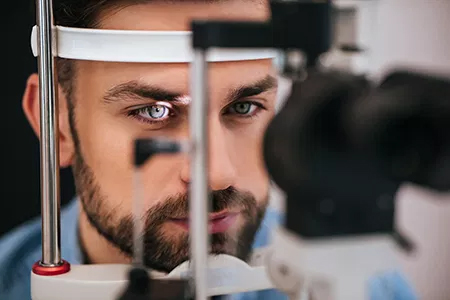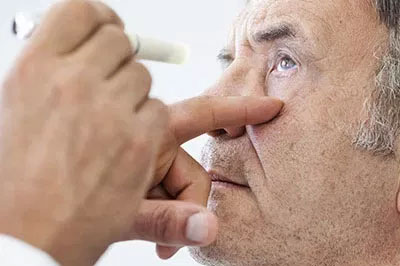
Optical Department
Express your personality, make a fashion statement, or find the look that fits your lifestyle.

Comprehensive Eye Exams
We begin by reviewing your overall medical history and gathering relevant information on your eye health history and that of your family.

Diabetic Eye Exams
Early detection is critical for the prevention of vision loss from diabetic eye disease.

Contact Lens Exams
Today, contact lenses are more versatile, more comfortable, and more convenient than ever before!

Astigmatism
Astigmatism is a common eye condition that is corrected by eyeglasses, contact lenses, or surgery.

